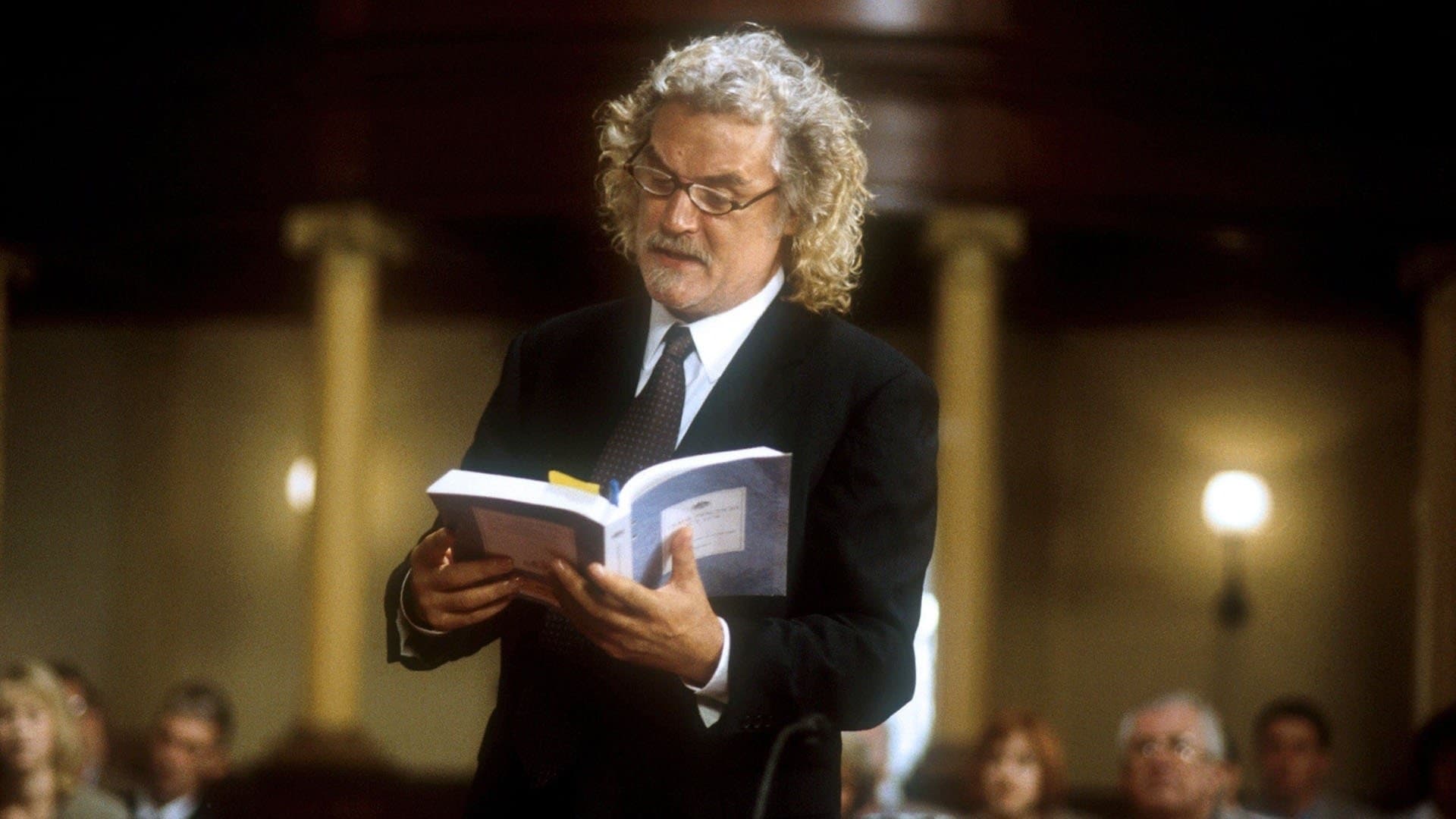The Man Who Sued God: A Deep Dive into Faith, Justice, and the Absurdity of Belief
Philip Ridley's 2001 film, The Man Who Sued God, isn't your typical courtroom drama. Forget the nail-biting suspense and dramatic revelations; this film is a darkly comedic, subtly surreal exploration of faith, loss, and the inherent contradictions within organized religion. It's a film that stays with you long after the credits roll, not because of its plot twists, but because of its unsettlingly relatable protagonist and its poignant portrayal of grief's unpredictable journey.
This isn't a review focusing on plot points (which are readily available elsewhere). Instead, we'll delve into the film's deeper themes and unique cinematic choices that elevate it beyond a simple courtroom story.
The Absurdity of Divine Justice: The core of the film rests on the absurd premise of Stephen (played brilliantly by Billy Connolly), a struggling fisherman whose life is shattered by a devastating tragedy. Instead of finding solace in faith, he finds anger – a righteous anger directed at a God he believes has abandoned him. His decision to sue God isn't about monetary compensation; it's a desperate act of defiance, a symbolic rebellion against the perceived injustice of his suffering. Ridley masterfully uses this outlandish premise to explore the inherent inconsistencies and often cruel indifference found within religious doctrines. The film doesn't shy away from questioning the very nature of faith, particularly when confronted with profound suffering.
Surrealism and the Subconscious: The film's surreal elements, often subtly woven into the narrative, represent Stephen's fractured psyche. The dreamlike sequences and bizarre encounters aren't just stylistic choices; they're crucial in conveying Stephen's emotional state. They reflect the irrationality of grief, the illogical leaps of faith, and the fragmented nature of memory when grappling with loss. These surreal touches elevate the film beyond a simple courtroom drama, transforming it into a poignant exploration of the human subconscious.
A Comedy of Errors, Not of Intentions: While the film deals with heavy themes, it does so with a darkly comedic undertone. The humor isn't slapstick; it arises from the inherent absurdity of the situation and the eccentric characters Stephen encounters on his journey. These moments of levity are crucial in preventing the film from becoming overly sentimental or preachy. They provide a necessary counterpoint to the heavier themes, allowing the audience to process the emotional weight without being overwhelmed.
More Than Just a Lawsuit: Stephen's lawsuit isn't just about seeking justice from a divine entity; it's about seeking meaning in a seemingly meaningless world. His journey is one of self-discovery, a desperate attempt to reconcile his faith with his suffering. The film doesn't offer easy answers or provide a clear resolution; instead, it leaves the audience grappling with the same existential questions that plague Stephen.
Unique Cinematic Style: Ridley's direction is noteworthy for its unconventional approach. The film's visual style, incorporating both stark realism and surreal imagery, creates a unique atmosphere that reflects the film's complex thematic landscape. This blend of styles enhances the emotional impact, ensuring that the audience feels the raw emotional turmoil of Stephen's experience.
The Man Who Sued God is a film that rewards repeated viewings. It's a film that lingers in your mind, prompting reflection on faith, justice, and the enduring human capacity for both hope and despair. It's a cinematic exploration of the absurd, the surreal, and the ultimately relatable human condition. If you're looking for a film that's both thought-provoking and entertaining, this is definitely one to add to your list.


